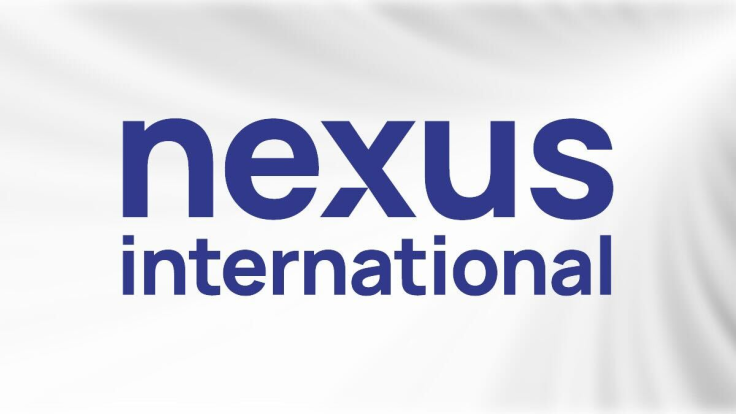Nexus International Marks Top 100 iGaming Recognition Without the Hype
Nexus' quiet response to a major accolade reflects a deeper strategic focus.

Nexus's inclusion in a Top 100 iGaming list this year has not gone unnoticed. Such recognitions are often viewed as markers of progress, reputation, or industry relevance. But as these accolades become more common across the sector, a growing question surfaces: Does repeated inclusion in award lists hold meaningful strategic value, or does it begin to lose relevance over time?
For Nexus, the listing likely reflects consistency and operational momentum rather than a sudden leap in brand perception. Its performance metrics, particularly in terms of growth and user base, are well-documented. However, the way the company has responded to this recognition, or more precisely, how little it has amplified it, suggests a more measured stance. Compared to firms that build entire campaigns around such awards, Nexus appears to have absorbed the nod without repositioning its narrative.
This invites a broader look at how companies treat external accolades. For some, being named in a Top 100 list becomes central to their communication strategy, showcased on websites, investor decks, and hiring collateral. Others take a different approach, viewing these lists as incidental rather than instrumental. Nexus seems to fall into the latter category. There's been no significant push to associate the company's direction or public identity with the listing. This could imply that Nexus weighs other factors, such as product readiness, talent strategy, or long-term brand equity, more heavily in shaping how it shows up to partners, users, or prospective hires.
The timing of the award may also factor into its muted impact. It came at a point when the company had already been gaining traction in Latin America and laying the groundwork for geographic expansion. As such, the award might feel more like confirmation of work already underway rather than a catalyst for new visibility. In this view, inclusion in a Top 100 list doesn't change the game; it merely reflects progress already made.
There's also the issue of dilution. As more companies are recognized across an increasing number of rankings, the uniqueness of each mention diminishes. In an industry where awards can sometimes be as much about marketing budgets as actual metrics, not all recognitions carry equal weight. This raises the question of whether Nexus even sees these lists as aligned with its internal benchmarks or just as part of a wider media cycle.
Still, it would be incorrect to say that recognition has no value. Internally, it might serve as a quiet morale boost or help validate the pace at which the company is moving. Externally, even limited visibility can nudge conversations forward, with partners who may have otherwise taken longer to engage.
In the end, the way Nexus handles its Top 100 inclusion might say more about the company's orientation than the award itself. Rather than attaching symbolic weight to outside validation, it seems to prioritize what fits into its existing roadmap. The decision not to over-leverage the accolade could indicate a broader principle at work: progress speaks loudest when it's not overly advertised.
© Copyright IBTimes 2025. All rights reserved.





















